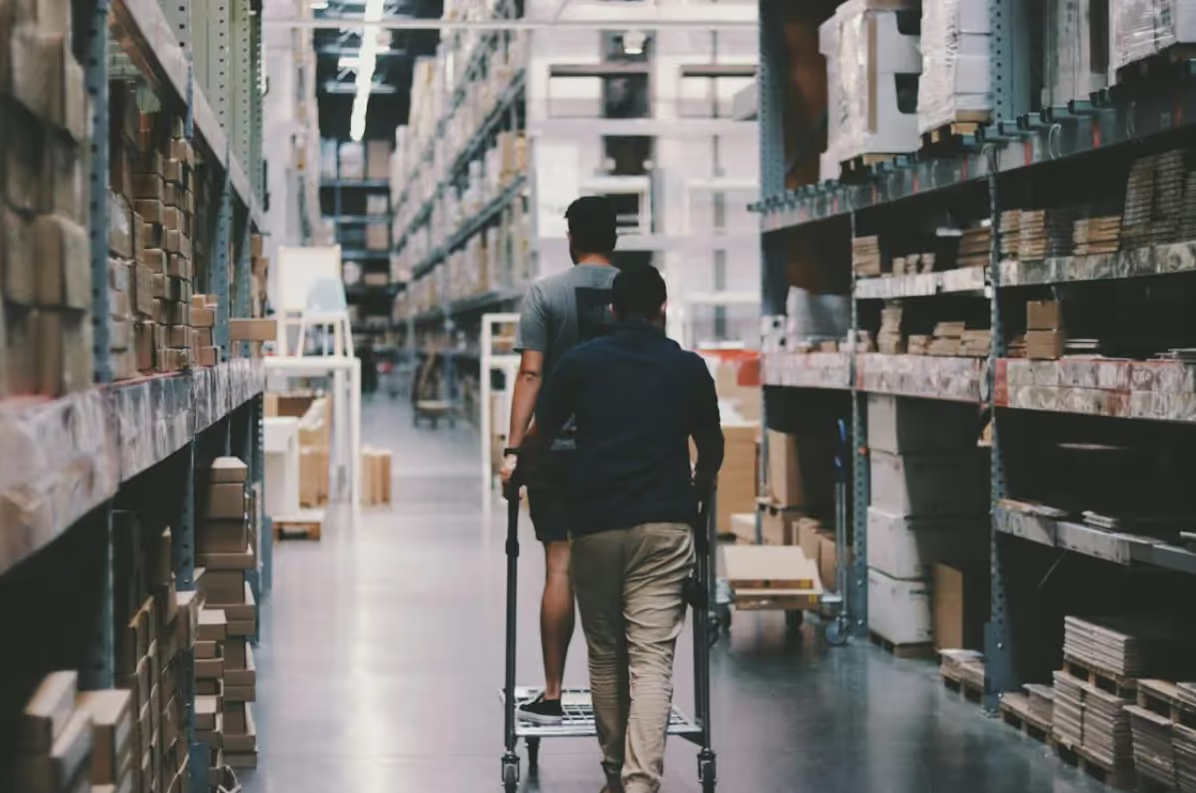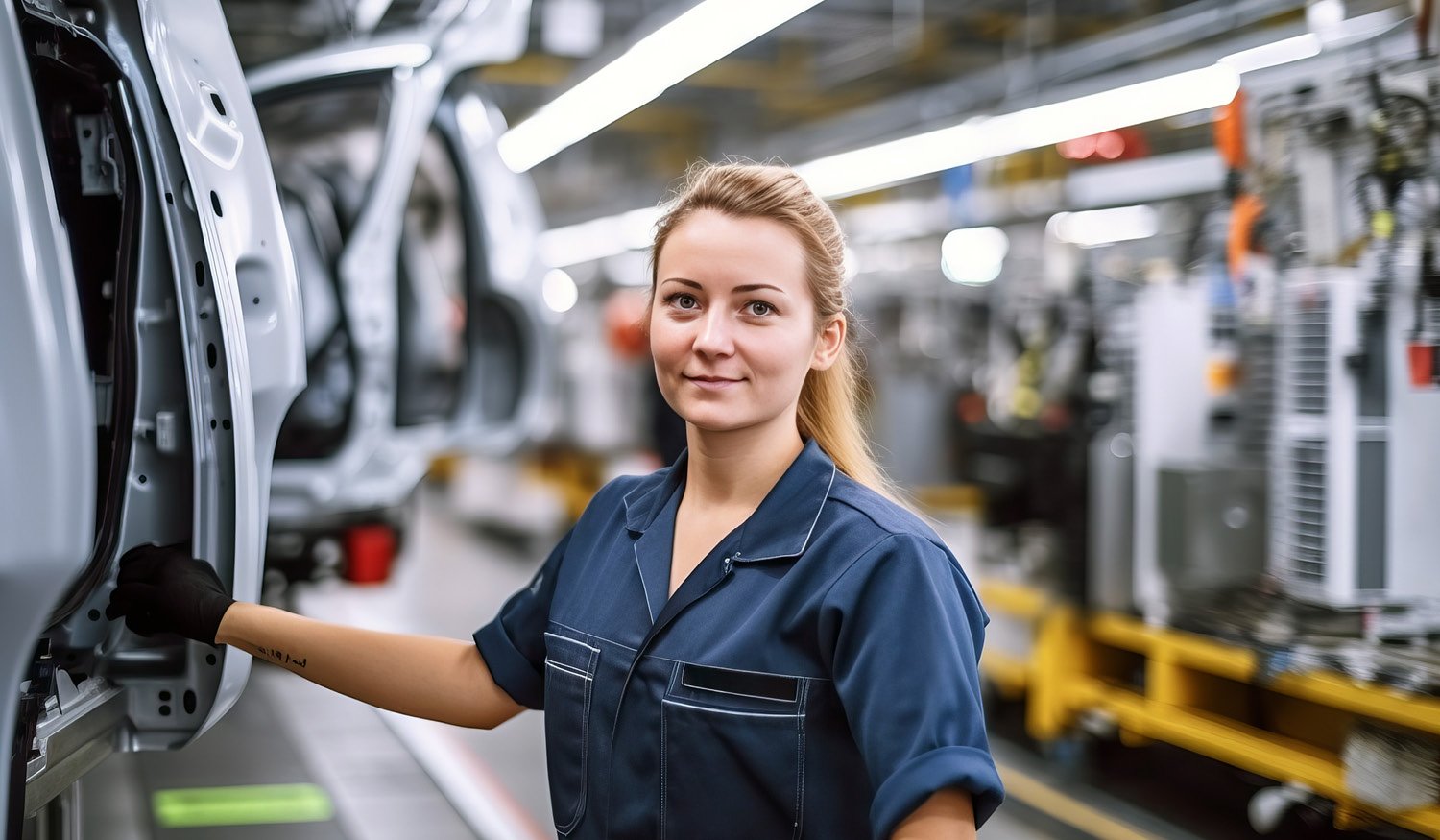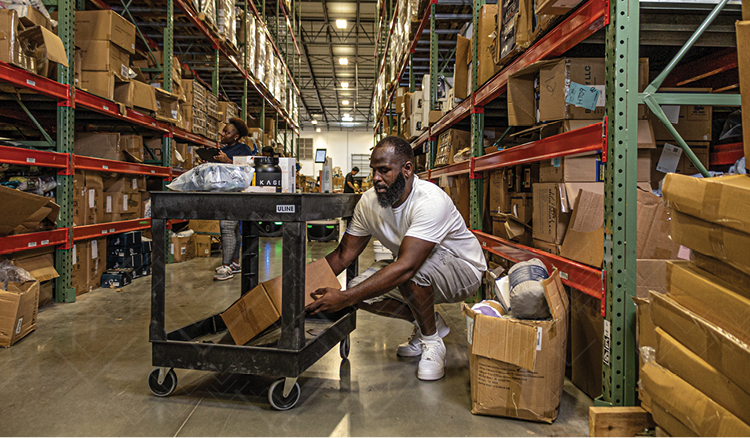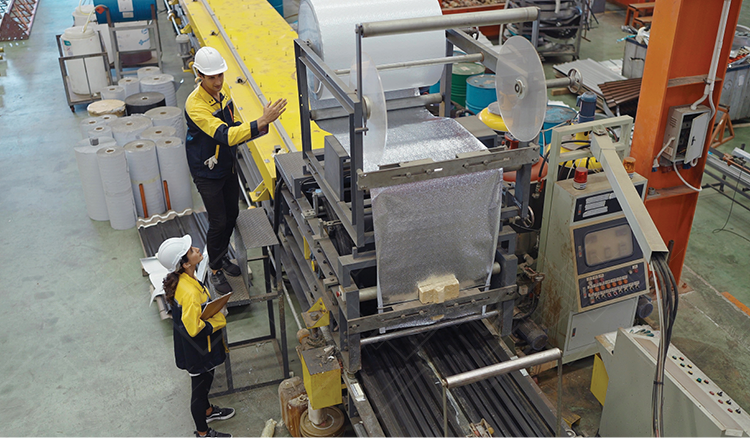Veryable's September 2023 Automotive Industry Updates
Welcome to our latest update on the automotive industry for September 2023. In this blog, we aim to provide valuable information to automotive suppliers to assist them in making informed legal and operational decisions amidst the evolving challenges and opportunities in the industry.
Electric Vehicles and Low Emissions Technology
Cummins, Daimler Truck, and Paccar Joint Venture: These industry giants have forged a partnership to expedite and localize battery cell production and the battery supply chain within the United States. This joint venture, with an estimated investment ranging from $2 to $3 billion, is set to establish a 21-gigawatt hour (GWh) factory. This facility will manufacture battery cells for electric commercial vehicles and industrial applications, creating high-quality jobs in the burgeoning clean technology sector. Initially focusing on lithium-iron-phosphate (LFP) battery technology for commercial battery-electric trucks, the LFP battery cells produced by this venture offer cost-efficiency, extended lifespan, enhanced safety, and reduced reliance on nickel and cobalt raw materials. These developments align with the expected surge in battery technology demand throughout the decade, providing U.S. customers with a cutting-edge battery cell factory.
U.S. Department of Energy's Support: The U.S. Department of Energy (DOE) is set to allocate $15.5 billion in funding and loans, primarily directed at retooling existing factories to accommodate the transition to electric vehicles (EVs). Of note, $2 billion in grants and up to $10 billion in loans will bolster automotive manufacturing conversion projects, with a focus on retaining high-quality jobs in communities hosting these facilities. Furthermore, the DOE has expressed its intent to provide $3.5 billion in funding to expand domestic battery manufacturing for EVs and grid usage, as well as battery materials and components currently imported from other countries. These investments underscore President Biden's commitment to preserving and expanding high-paying manufacturing jobs while supporting the clean energy transition.
Hyundai and LG Energy Solution's Joint Venture: Hyundai and LG Energy Solution will inject an additional $2 billion into an upcoming battery cell manufacturing plant, strategically located near Hyundai's future EV manufacturing facility in Bryan County, Georgia. This investment pushes the total commitment for the EV and battery complex to approximately $7.59 billion, promising the creation of up to 8,500 new jobs in the region.
Gotion's Investment in Illinois: China's Gotion has unveiled plans to construct a $2 billion EV battery manufacturing plant in Manteno, Illinois. This decision reflects the state's growing reputation as an EV manufacturing hub and aligns with its efforts to strengthen the EV ecosystem and supply chain. Production at the plant is slated to commence in 2024, marking a significant step forward for Illinois in the electric vehicle industry.
Market Trends and Regulatory Updates
The U.S. Treasury Department is expected to release guidance by the end of 2023 regarding the Inflation Reduction Act's Section 45X Advanced Manufacturing Production Tax Credit. This tax credit serves as an incentive for domestic production of crucial clean energy inputs such as wind turbine blades, solar panel wafers, electricity inverters, batteries, and critical minerals. The forthcoming guidance aims to provide clarity and facilitate continued investment in American manufacturing, aligning with the goals set by the Inflation Reduction Act.
Prolonged UAW Strike Likely

As we discussed in my previous blog post, the United Auto Workers ("UAW") are engaged in a strike against major U.S. automakers Stellantis, GM, and Ford. Approximately 13,000 UAW workers, a fraction of the union's total workforce, are participating in these strikes. As the standoff persists, the likelihood of an extended strike looms. This would cause disruptions throughout the entire supply chain, affecting both parts suppliers and production. For example, a GM assembly plant in Fairfax, Kansas was forced to halt production due to a "shortage of critical stampings" that would typically come from its Wentzville, Missouri facility (where workers are currently engaged in the strike).
The union has adopted a strategic approach, potentially targeting engine or transmission plants to disrupt critical components' supply, though it has yet to employ its most potent weapon: halting full-size pickup truck production. A measured approach seems probable, given the union's statements so far, with UAW president Shawn Fain emphasizing the need to hit the companies strategically. Disrupting pickup truck production could significantly impact these automakers.
Veryable's Continued Support for Automotive Suppliers
In the face of rising labor costs and labor shortages, Veryable has cultivated strong partnerships with automotive suppliers. These collaborations have enabled suppliers to address challenges like high turnover, demographic shifts, worker preferences, and supply chain constraints. By incorporating Veryable's labor model into their strategies, these suppliers have realized significant gains in operational flexibility and efficiency. Even in unionized workplaces, Veryable's model has proven successful, aiding businesses in enhancing productivity and reducing overtime expenses. Moreover, in the event of a union strike, Veryable stands ready as a reliable partner, leveraging its experience to develop contingency strategies that ensure the uninterrupted continuity of critical operations.
As the automotive industry evolves, Veryable remains committed to assisting suppliers in navigating these dynamic changes and capitalizing on emerging opportunities. Stay tuned for more updates as we continue to provide valuable insights into this ever-evolving sector.
To learn more about why so many automotive suppliers across the country are leveraging Veryable's on-demand labor platform, and why it’s our fastest growing industry segment, visit our homepage for on-demand labor and the automotive industry.
Previous Posts
How Policy Constraints, Not Just Production Bottlenecks, Threaten Your Bottom Line
The Future of Manufacturing and Logistics
Create a free business profile today to explore our platform.






